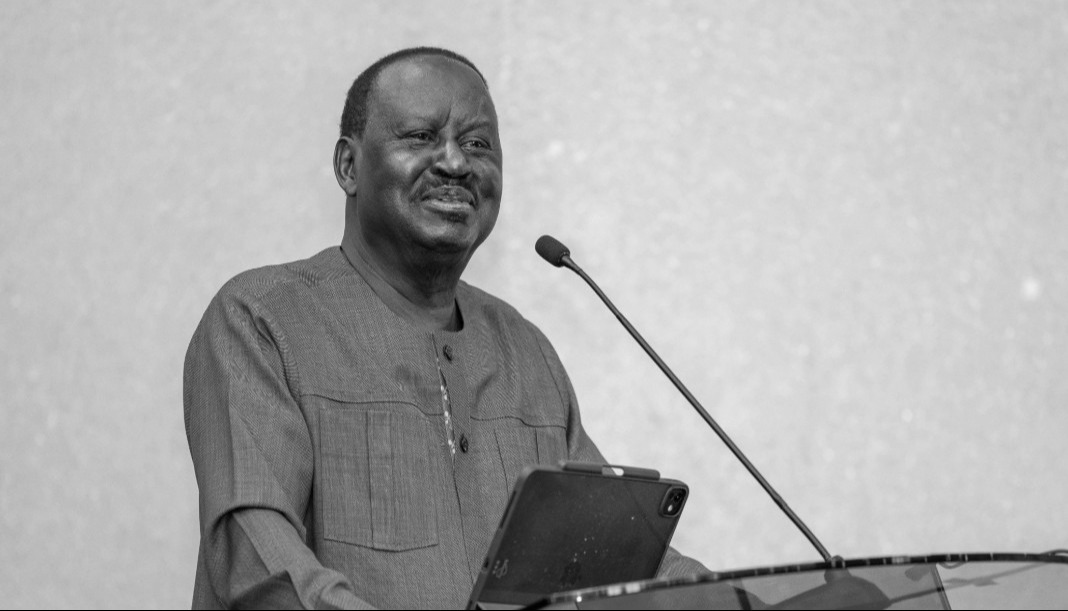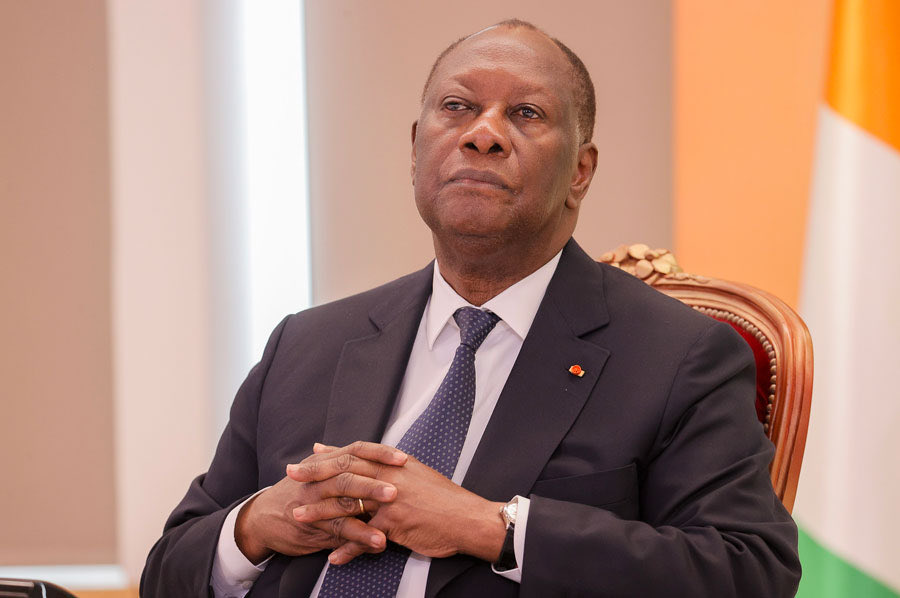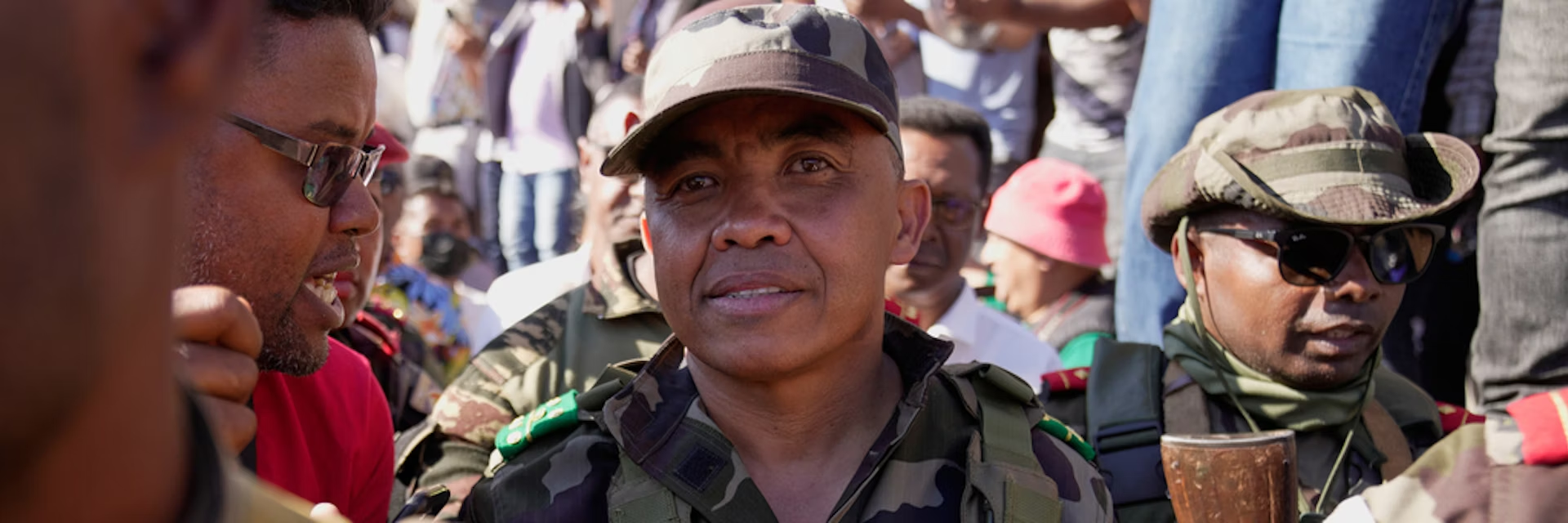Kenya endorses blueprint to guide use of AI in military operations

During that first summit, around 60 nations, including China, endorsed a more modest "call to action" without any legal commitments.
Kenya is among about 60 countries that on Tuesday endorsed a "blueprint for action" to guide the responsible use of artificial intelligence (AI) in military operations.
However, China was among the nations that did not support the legally non-binding document, according to Reuters.
More To Read
- Child malnutrition in Kenya: AI model can forecast rates six months before they become critical
- YouTube Music testing new feature that could rival Spotify’s AI DJ
- CA orders telecom operators to adopt licensed digital certification services or face penalties
- Non-work use of ChatGPT surges, now 73 per cent of conversations - OpenAI study
- Universities can turn AI from threat to opportunity by teaching critical thinking
- Vaccines and motherhood: Are AI-generated health messages working in Kenya and Nigeria?
The Responsible AI in the Military (REAIM) Domain summit, co-hosted by Kenya in Seoul, South Korea, marked the second meeting of its kind, following an earlier summit in The Hague last year.
During that first summit, around 60 nations, including China, endorsed a more modest "call to action" without any legal commitments.
This year's "blueprint" is considered more action-oriented, reflecting the advanced discussions and developments in military AI, such as the deployment of AI-enabled drones by Ukraine, which also endorsed the document.
"We are committed to continue engaging in the process of developing the UN resolution on Responsible AI in the Military Domain which underscores the need to ensure that the development, deployment and use of AI promotes peace, security, and human dignity," Kenyan Defence Minister Soipan Tuya said in a post on X.
"Kenya is equally steadfast in her commitment to implementing the REAIM Blueprint for Action, which advocates for transparency, accountability, and inclusivity in AI development."
Netherlands Defence Minister Ruben Brekelmans told Reuters, "We are making further concrete steps. Last year ... was more about creating shared understanding, now we are getting more towards action."
He added that this includes defining what kind of risk assessments should be conducted, establishing important conditions such as maintaining human control and developing confidence-building measures to manage risks.
The document emphasises preventing the use of AI to proliferate weapons of mass destruction by actors, including terrorist groups, and underscores the need for human control and involvement, particularly in the deployment of nuclear weapons.
The summit in Seoul — co-hosted by Kenya, the Netherlands, Singapore, and the United Kingdom — aims to ensure that discussions involve multiple stakeholders and are not dominated by any single nation or entity.
Other global initiatives, like the US government's declaration on the responsible use of AI in the military launched last year, also address similar concerns.
However, China was among approximately 30 nations that sent representatives to the summit but chose not to back the document, highlighting significant differences in viewpoints among participants.
The venue and timing for the next summit are still under discussion, officials noted.
South Korean officials stated that they plan to bring discussions about AI in the military domain to the UN General Assembly in October, based on the new "blueprint".
In June 2024, Kenya hosted the inaugural African Regional REAIM workshop in Nairobi.
The forum aimed to foster open discussions, share knowledge, and deepen regional understanding of AI in military applications.
During the conference, Chief of Defence Forces General Charles Kahariri emphasised the transformative power of AI in technology, particularly in enhancing capabilities, improving decision-making processes, and ensuring national security and sovereignty.
"Developing a comprehensive regulatory framework that governs the use of AI in military operations is essential. Building local capabilities to develop, deploy and regulate AI is crucial. These frameworks should address issues such as data privacy, security and ethical use. Policymakers must work closely with technologies, ethicists and military experts to create policies that balance innovation with responsibility," he stated.
Top Stories Today












































